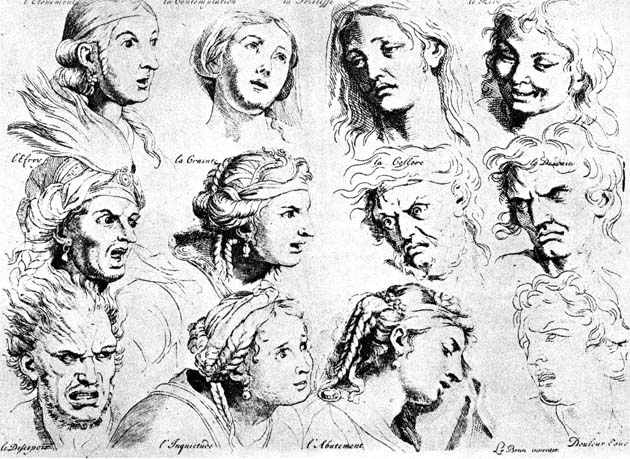"For far too long, we've been living in what I've called a broadcast democracy. Voters only count during election time. They have little or no influence in between elections, when the lawmakers and influencers are in charge and citizenry is inert. The 'you vote, I rule' model was all that was possible, until recently.
What the system has lacked until now are mechanisms enabling government to benefit from the wisdom and insight that a nation can collectively offer –– on an ongoing basis. I'm not proposing some kind of direct democracy, where citizens can vote every night on the evening news or Web sites. That would be tantamount to a digital mob.
What I am proposing is a way to allow citizens to contribute ideas to the decision–making process –– to get them engaged in public life. When citizens become active, good things can happen. We all learn from each other. Initiatives get catalyzed. People become active in improving their communities, country and the world. This is long overdue. These days, the policy specialists and advisers on the public–sector payroll can barely keep pace with defining the problems, let alone craft the solutions. Government can't begin to amass the in–house expertise to deal with the myriad challenges that arise. Governments need to create opportunities for sustained dialogue between voters and the elected.
Courtesy of the Internet, public officials can now solicit citizen input at almost no cost, by providing Web–based background information, online discussion, and feedback mechanisms. Government can now involve citizens in setting the policy agenda, which can then be refined on an ongoing basis. Such activity engages and mobilizes citizens, catalyzing real–life initiatives in communities and society as a whole."
(Don Tapscott, March 16, 2009)

